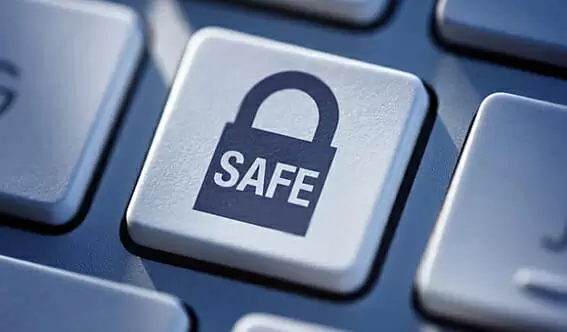In the past, if you were a single looking for marriage, you had to go to different places like bars, clubs, bachelor parties, and birthdays. In addition, it was necessary to gain courage and make some effort to just find someone interesting, come up and introduce yourself. Now applications and dating sites make this task much easier. With their help, you can find a partner even in another city or country; you just have to want it. But at the same time, visiting the site, you can end badly, that is, run a virus into your PC. So, how to avoid this while visiting dating sites?
Quick Overlook
Antivirus
This is security software. Antivirus software tasks include detecting spyware, viruses, phishing resources, dangerous servers, and suspicious traffic. Popular antiviruses cope with most of the threats that come to the computer from the network or removable media. However, it doesn’t protect against user actions on dating sites. That is, if the resource doesn’t cause the program suspicion, then clicking on links or any other actions will be no longer protected.
VPN
VPN is a secure network that hides the IP address and location. It securely encrypts all traffic and data transmitted from the device. If you need to bypass the site blocking, get anonymity online or connect to Wi-Fi in a public place, use a VPN connection.
Temporary anonymous email
A temporary email is a random address and it has a limited lifetime. It is convenient when you need access to the service with registration, and you don’t plan to use it for a long time. In addition, the temporary emails themselves usually don’t ask to log in or specify personal information. Just go to the site and use a temporary email.
Permanent encryption
Using the World Wide Web, use the HTTPS protocol which creates some protection between your personal computer and a dating site. A striking example of this is the fact that many sites that make increased demands on security often automatically use this protocol. So that the result of the actions on the site doesn’t become a leak of personal data or a spam attack on the email, use resources which network address begins with HTTPS. This means that the connection between you and the server is encrypted, and the information can’t be intercepted.
A careful approach to received files
You must understand that scammers resort to any methods of seduction just to harm more people. So be careful with the files attached to messages. Never open and run them if the source is unknown. Otherwise, make sure that it is a really important document. Also, don’t forget to check the file with antivirus.
Environmental security
The threat can penetrate your computer not only directly from the network or the file received in a message. A local network at work or a vulnerable Wi-Fi in a public place can be dangerous. Try to check the security level of all devices and Wi-Fi to which you connect. And in public places, don’t use open networks for online payment or authorization in web services (if there is no VPN).
Timely update
This is a very important point that should be followed if you want to securely protect your computer. Since new viruses appear fairly quickly and often, antivirus software developers are trying to update their programs as quickly as possible. An antivirus program that is rarely updated can miss a new, unfamiliar virus. Therefore, it is important to update your antivirus program when a new version is ready for download. And even better – turn on the automatic update feature so that it will always be ready for any virus attack.
